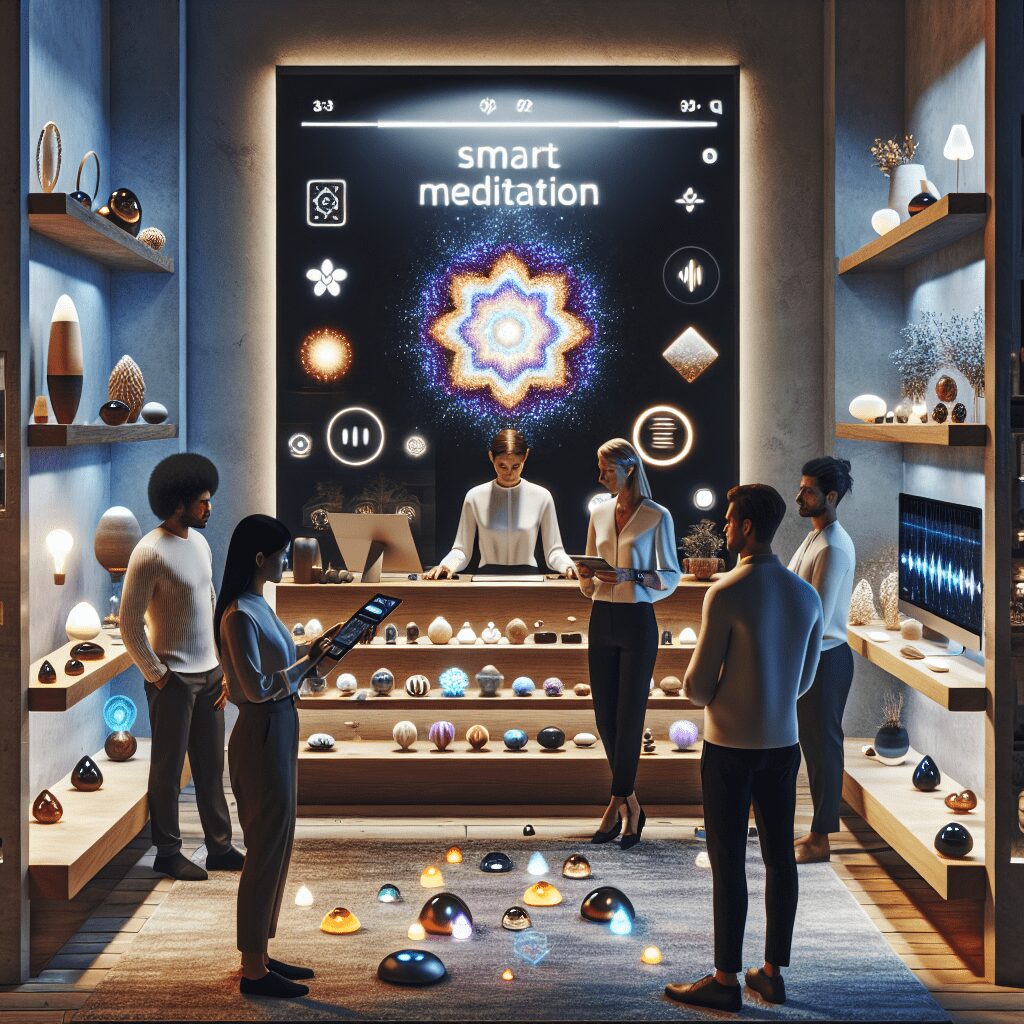
Prioritize your mental well-being daily. Enhance your life by nurturing your mental health with the Smart Meditation app. Break free from stress, alleviate anxiety, and enhance your sleep quality starting today.
How Does Anxiety Look Like Low Blood Sugar?
Unraveling the Mystery: When Anxiety Mimics Low Blood Sugar
In the labyrinth of health and wellness, where symptoms intertwine and mimic each other, navigating the differences between anxiety and low blood sugar (hypoglycemia) can feel akin to solving a complex puzzle. Both conditions, at a glance, share a suite of symptoms that can easily lead one down a rabbit hole of misdiagnosis or confusion. Let’s delve deeper into this intriguing overlap, shedding light on the distinguishing factors and providing clarity for those grappling with these issues.
The Symptom Spectrum: Where Anxiety and Hypoglycemia Intersect
First off, let’s unpack the suitcase of symptoms these two conditions carry, often packed with surprisingly similar items. Symptoms such as palpitations, sweating, shaking, and a feeling of impending doom can be the unwanted companions of both anxiety attacks and episodes of low blood sugar. Furthermore, individuals may experience dizziness, irritability, and difficulty concentrating, whether they’re navigating the turbulent waters of anxiety or sailing through the choppy seas of hypoglycemia. This symptom overlap can sometimes make it tricky to pinpoint the root cause of distress at first blush.
Decoding the Differences: Distinguishing Anxiety from Low Blood Sugar
Ah, but here’s where the plot thickens. Despite their shared symptomatology street, there are subtle signposts that can help differentiate between anxiety and low blood sugar. Knowing these can be a game-changer, especially for folks frequently bouncing between doctors’ offices or self-diagnosing in the deep, dark corners of WebMD.
-
Cravings and Consumption: Hypoglycemia often brings about a fierce hunger or craving for sweets, a direct call from the body for a quick glucose fix. Anxiety, on the other hand, might cause a loss of appetite or induce stress-eating, which doesn’t follow the same urgent glucose-centric pattern.
-
Trigger Tales: Anxiety often has identifiable triggers, ranging from phobias to stress-inducing situations, whereas hypoglycemic episodes are more closely linked to meal patterns, delayed eating, or the aftermath of consuming a high-sugar meal.
-
Timing Tells: The onset and duration of symptoms can also give clues. The sweaty, shaky feeling of hypoglycemia tends to kick in several hours after eating and is usually quelled quickly after consuming food. Anxiety attacks, while they can also be sudden, may linger or fluctuate in intensity over longer periods without the immediate relief that food provides for low blood sugar.
Navigating the Tides: Seeking Clarity and Control
So, what’s your next move if you’re caught in this conundrum? Firstly, banish any shame or frustration. Remember, you’re not alone in this; many have mixed their metaphors and missed the signs before finding solid ground.
-
Keep a Symptom Diary: Jotting down when symptoms occur, their severity, triggers, and any food intake can help pinpoint patterns and provide valuable insights for healthcare providers.
-
Consult Healthcare Professionals: A GP or endocrinologist can run tests to check blood sugar levels, while a psychologist or psychiatrist might be consulted for anxiety issues. It’s like assembling your personal health care Avengers team to tackle the problem from all sides.
-
Lifestyle Tweaks: Regular meals, snacks that balance carbs with protein, and stress management techniques (think yoga, meditation, deep breathing) can be incredibly assertive moves in your playbook, regardless of the underlying issue.
In closing, while anxiety and low blood sugar might seem like doppelgangers at first glance, a closer look reveals unique fingerprints. Understanding these nuances not only aids in better management but also empowers individuals to reclaim their well-being. Remember, the journey to health and wellness isn’t a sprint; it’s a marathon, with each step informed by insight and self-compassion. So lace up those sneakers and let’s hit the ground running towards understanding and better health.





